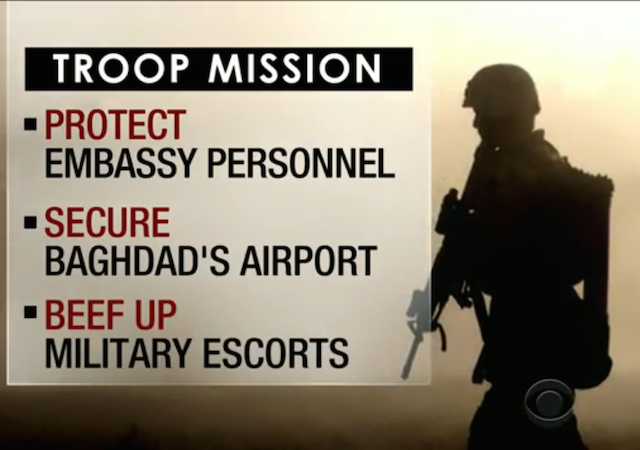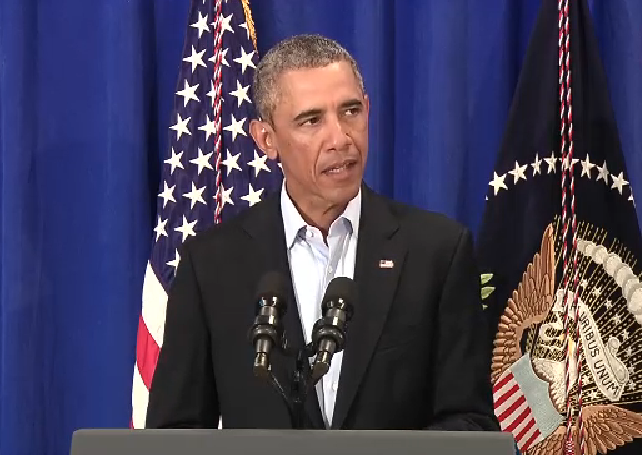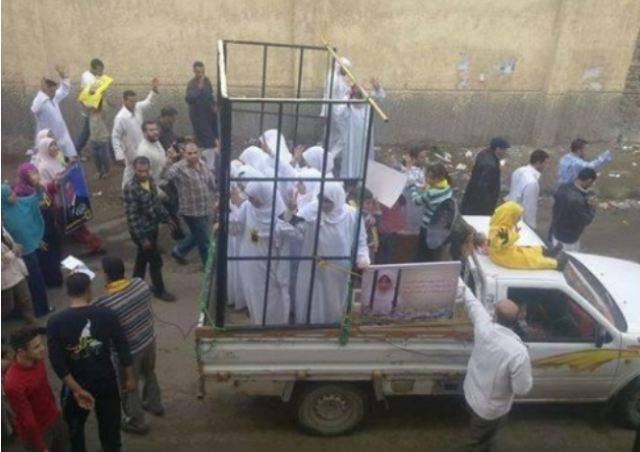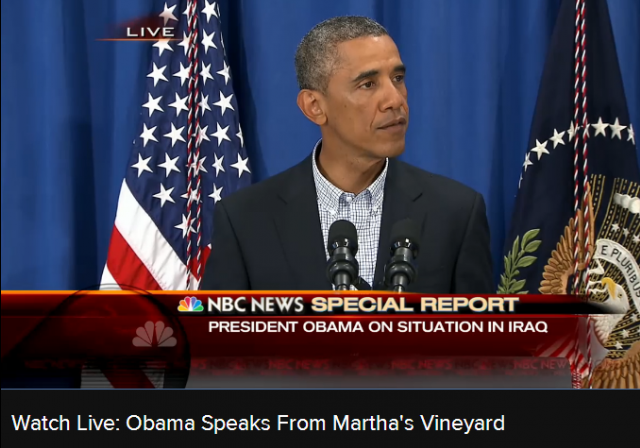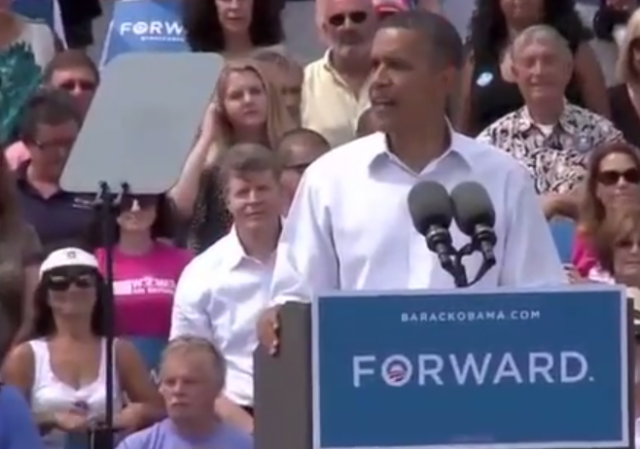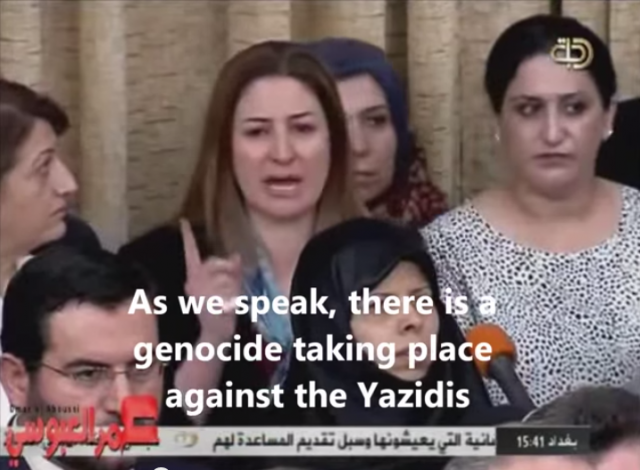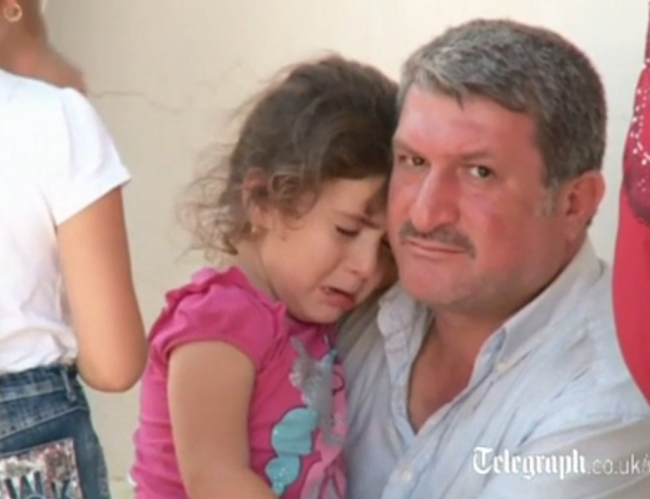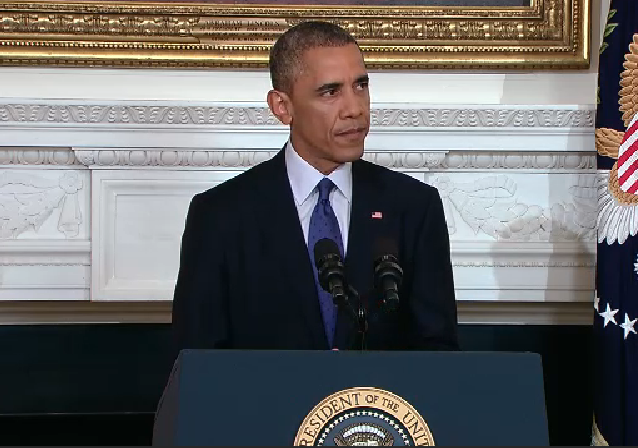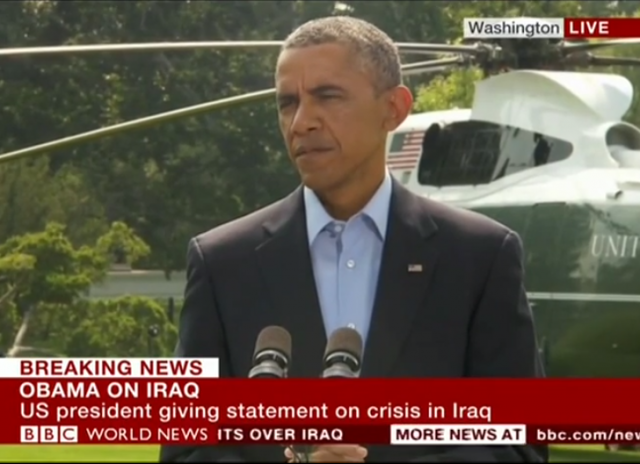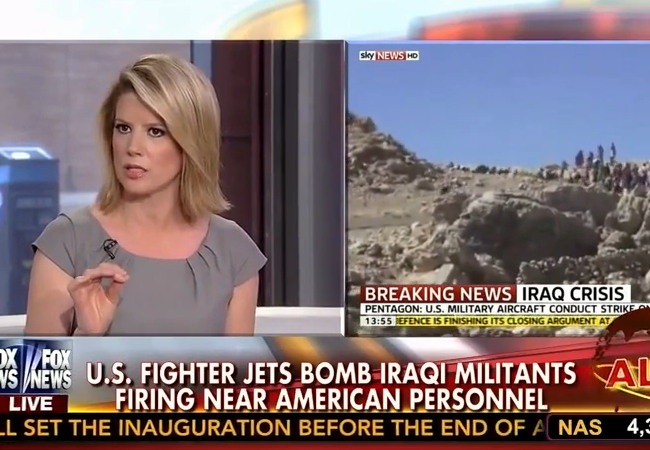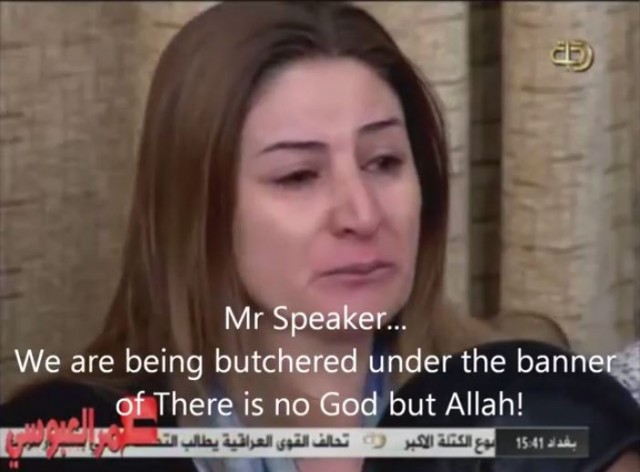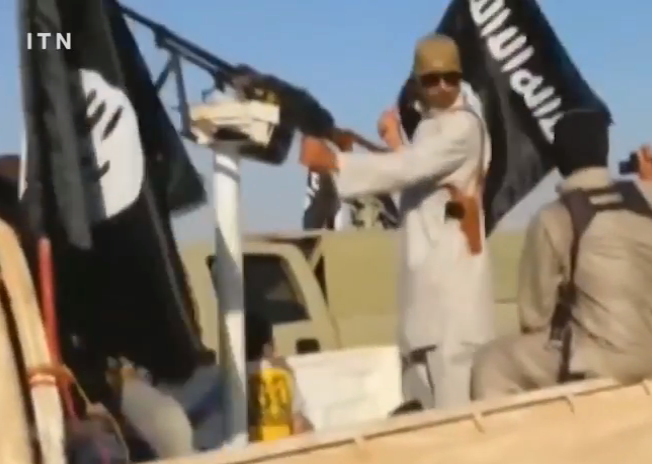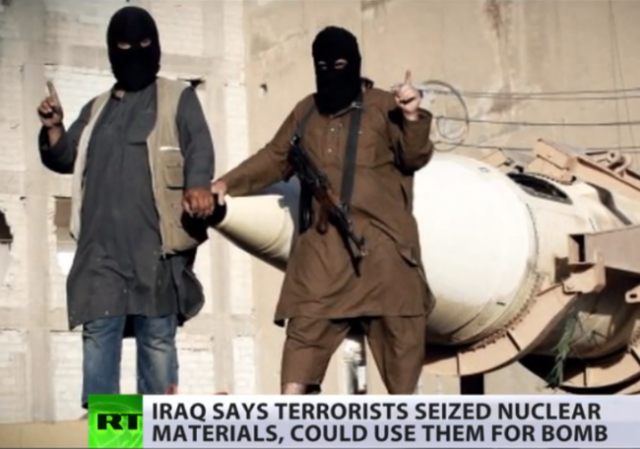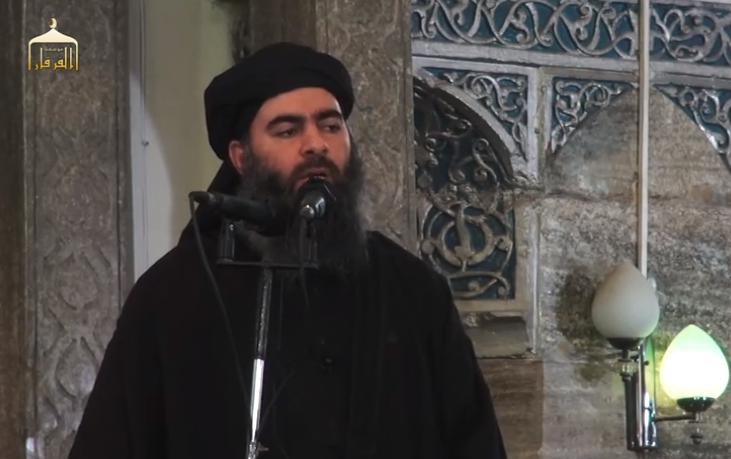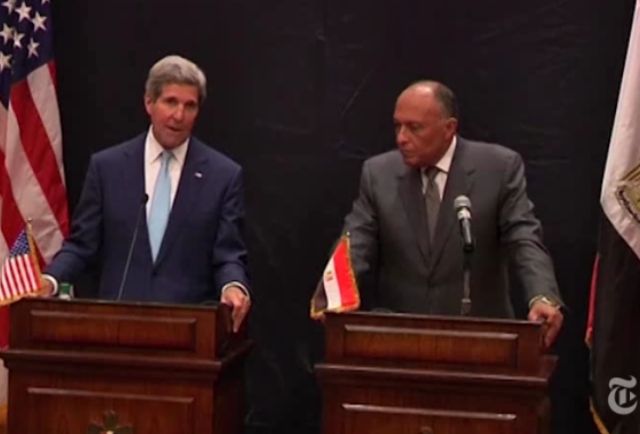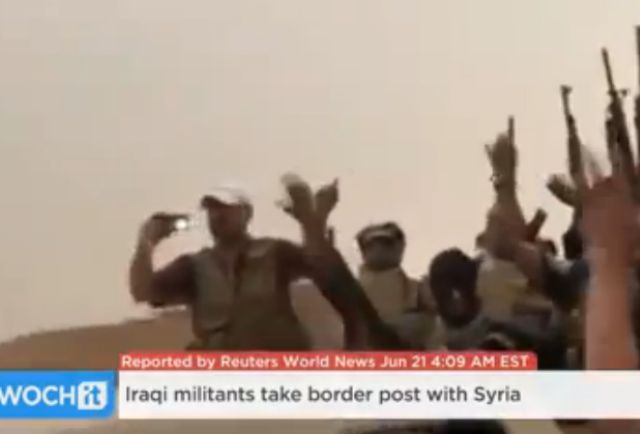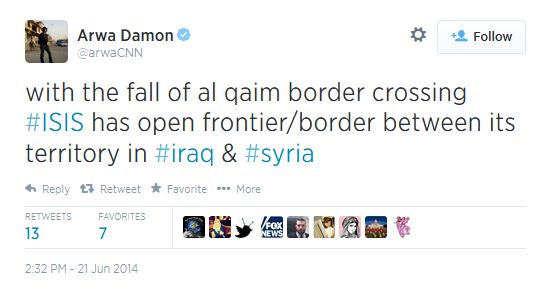The breaking news via Twitter on Wednesday night was quite alarming.
The
United Nations seems to be playing down the significance of the threat, but the Iraqi government's warning was specific that this material could be used in creating weapons of mass destruction.
Iraq has notified the United Nations that Sunni militants seized nuclear material from a university in the northern city of Mosul last month as they advanced toward Baghdad, the nuclear regulatory body of the United Nations said on Thursday.
Gill Tudor, a spokeswoman for the International Atomic Energy Agency, which is based in Vienna, said in a statement that the organization’s experts believed the material — thought to be uranium — was “low-grade and would not present a significant safety, security or nuclear proliferation risk.”
Word of the seizure first emerged in a letter to the United Nations dated July 8 and seen by reporters from Reuters, which quoted it as saying that “terrorists” from the insurgent Islamic State in Iraq and Syria, known as ISIS, had taken control of the materials.
The letter said that almost 90 pounds of uranium compounds had been kept at the university and that the materials “can be used in manufacturing weapons of mass destruction,” Reuters said.
The first question that comes to many Americans' minds is: How can there be uranium material left in Iraq? After all,
the Bush Administration was skewered by the media (and continues to be) when they presented the "yellowcake" evidence at the United Nations prior to the 2003 Iraq War. And, as that TIME article pointed out, even the Bush Administration admitted in 2003 that they messed up on the yellowcake evidence.

